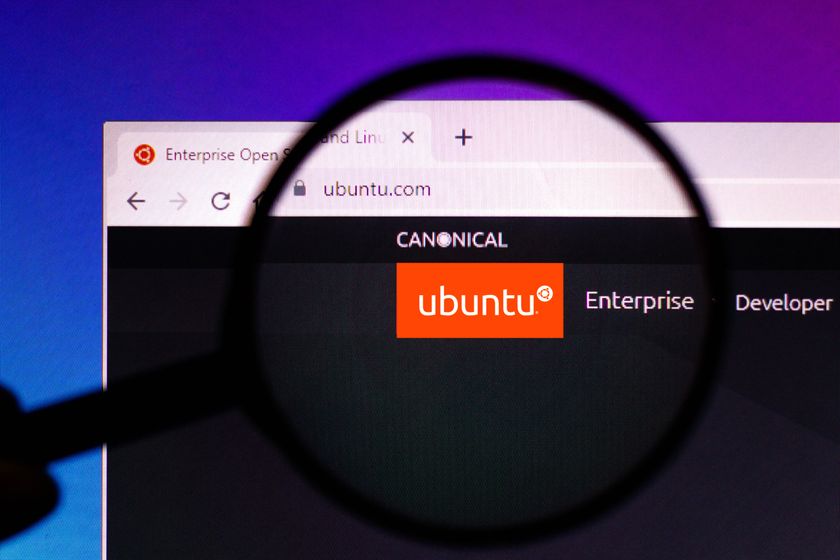SCO: The party never ends
Like the bad actor in a Victorian melodrama, SCO refuses to lie down, and keeps coming back for more.
So it goes
One might have imagined that a cool evaluation of the facts would have predicted the probabilities of the eventual outcome and counselled against legal action. In previous years Caldera had won the DR DOS case against Microsoft, which was a case that bore certain similarities. DR DOS had been developed by Digital Research, which was bought by Novell who sold the assets to Caldera in 1996.
Caldera sued Microsoft for uncompetitive behaviour and the case was settled out of court for an undisclosed amount. (In 2005 DR DOS was shown to have included GPL code that it had incorporated from FreeDOS, and was forced to pull all 8.x versions of DR DOS from its website.)
Microsoft leant substance to SCO's claims by purchasing a UNIX "licence" - a licence it really didn't need, but which gave an apparent aura of credibility to SCO's claims. Sun Microsystems, which had charted a zigzag course in its relationships with Linux and free software, also dipped its oar into the troubled waters, and purchased a UNIX "licence" from The SCO Group.
Both Microsoft and Sun Microsystems were accused of giving succour and financial support to The SCO Group in the apparent hope of making mischief, discrediting Linux and slowing the inevitable progress of free and open source software.
Sun paid SCO $10 million for its UNIX "licence" and Microsoft $16.75 million. Additionally, there were allegations based on a leaked memo, suggesting that funds that SCO gained from an investment company BayStar Capital were sourced from Microsoft.
Get the ITPro. daily newsletter
Sign up today and you will receive a free copy of our Focus Report 2025 - the leading guidance on AI, cybersecurity and other IT challenges as per 700+ senior executives















